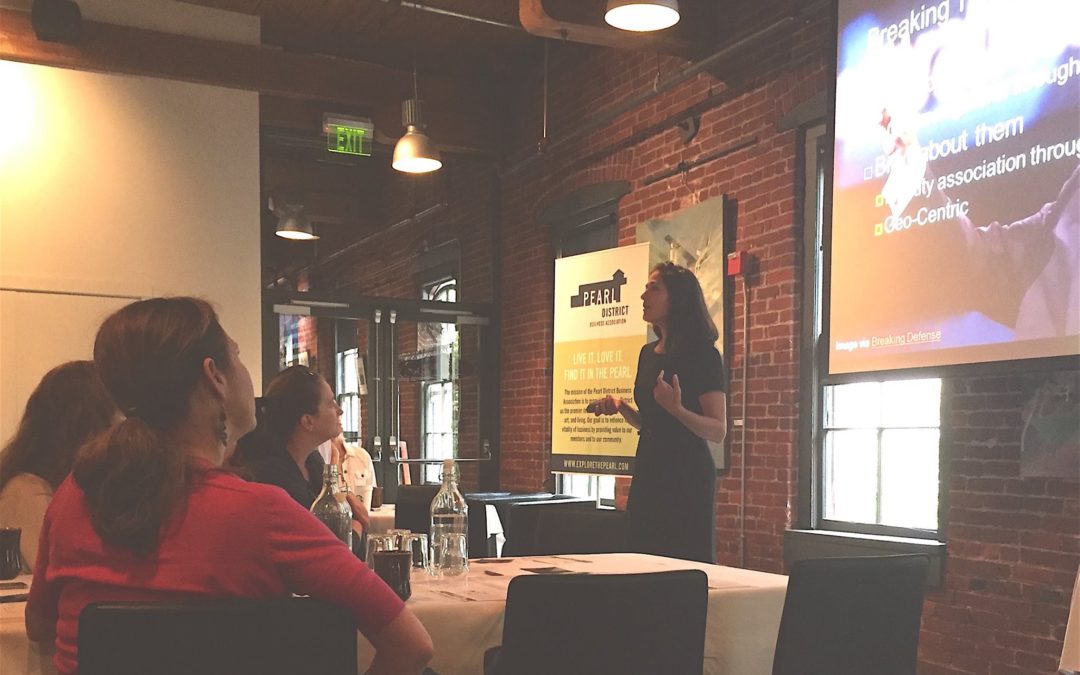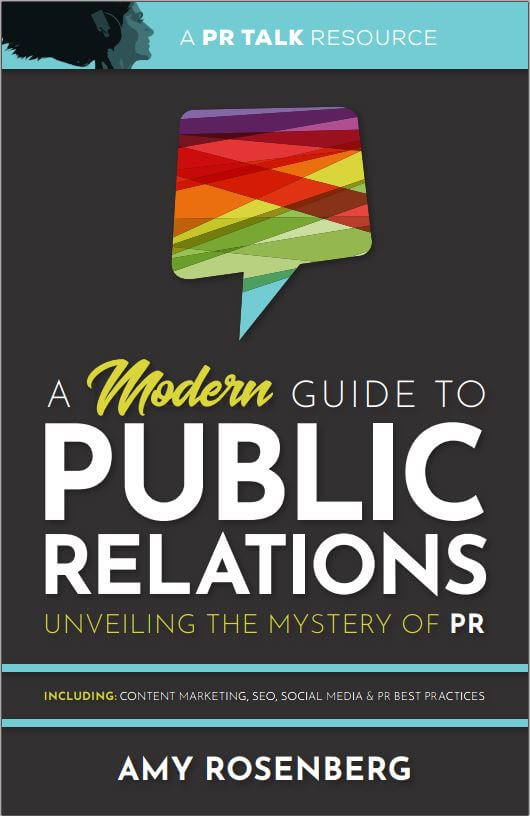“Location, location, location.” We’ve all heard the phrase, most commonly associated with real estate. There’s no denying — the allure of buying a home has a lot to do with where that home is. But maybe the importance of location doesn’t stop at real estate. Maybe location permeates and shapes, more than anything, our identity. So much of how we act is based around where we’re from or where we live, including the little nuances such as the foods we eat or the kind of music we listen to. Just how real estate brokers use the power of a location to move a listing, we can tap into the consumer’s location-based identity to market a product or service.
Humans are naturally ego-centric. We can hardly go a minute without thinking about our direct needs or desires. Marketers can appeal to this ego-centricity that is inherently found within everyone. Since so much of our identities are tied to location, business owners are given a great opening to connect with their customer base.
I feel incredibly fortunate to own a business in a state that is growing in popularity, seemingly by the day. The expansion of our area has been such a great tool for business that we advise our Portland-based clients to put it into practice every day. Whether it be events in our local parks, new restaurants opening up, or television shows filming near our office, there is always a local angle to shed light on. Here are my tips on how to localize your outreach and satisfy all the ego-centrists out there.
The Importance of the Community Paper
Forget those dreams of a cover story in the New York Times or Wall Street Journal. Where are your customers? If they are in Portland, we think most of them are reading the small community papers that narrowly report on each specific neighborhood. Why not get in front of a highly targeted audience right in your own backyard?
How, you ask? Do I have to buy an ad? No! Do something that relates to that local community and let the local media know, it doesn’t have to be through a fancy press release. Volunteering in the neighborhood, opening a new office location, or hiring someone that lives in that area are worthy reasons to give the local media a heads up.
Localize Your Pitches
But here’s the thing: reporters have jobs to do. You certainly do not want to come off as irrelevant when sending an email to the press and there are ways to avoid that. Namely, give them something they will actually want to cover. Tying location into your pitch to a local outlet will immediately give you a connection and a much higher chance that your email will get read. By placing a community reference in the subject line and first sentence of your email, the reporter you are pitching will have no choice but to let their location-ego inflate.

Public Relations is Changing, You Should Too
In the past, if your business ever wanted recognition or a shred of popularity, it would have to be granted by the traditional media. The influx of social platforms ensure that old-school newspapers and TV shows aren’t the only ways to get noticed. Consumers are actively seeking out new media with the entire landscape re-shaping before us. So integrate social and other non-traditional media into your outreach — you have to keep up with the times in order to stay top of mind.

Optimize Your Online Search Presence
Gone are the days of the Yellow Pages. Today people map out their every move online and if your brick-and-mortar location isn’t showing up in the search results (especially on a mobile phone), you might as well just not exist. There are some simple (and free!) tools — from companies like Moz or Google — that can demonstrate how your online presence could be updated in order to rank higher in the search results (and simply tell you if Google regards your site as “mobile-friendly“).
Are you pleased with your results when you Google your business? Are your business’ details consistent throughout all of your listings? How specific do you have to get to find your business via location? These questions all aid to answer whether or not you are adequately integrated into your online community.
Make the Effort to Post Regularly
 On top of meetings, e-mails and other work, taking the time to post to social media can seem a daunting task. Creating a themed schedule for posts will quickly challenge you to diversify your content and it will give you a push in a clear direction of what to write on what day. For instance, the Facebook post on the right illustrates “Think Ahead Thursday” — letting the community know about local events for the upcoming weekend. Posting to social media regularly, especially including references to your community, will add another dimension to your business.
On top of meetings, e-mails and other work, taking the time to post to social media can seem a daunting task. Creating a themed schedule for posts will quickly challenge you to diversify your content and it will give you a push in a clear direction of what to write on what day. For instance, the Facebook post on the right illustrates “Think Ahead Thursday” — letting the community know about local events for the upcoming weekend. Posting to social media regularly, especially including references to your community, will add another dimension to your business.
At the end of the day, location is far bigger than real estate. Location is a composer of our identity and should be used as a means of promotion. Get more involved with your business by getting more involved with your community.










